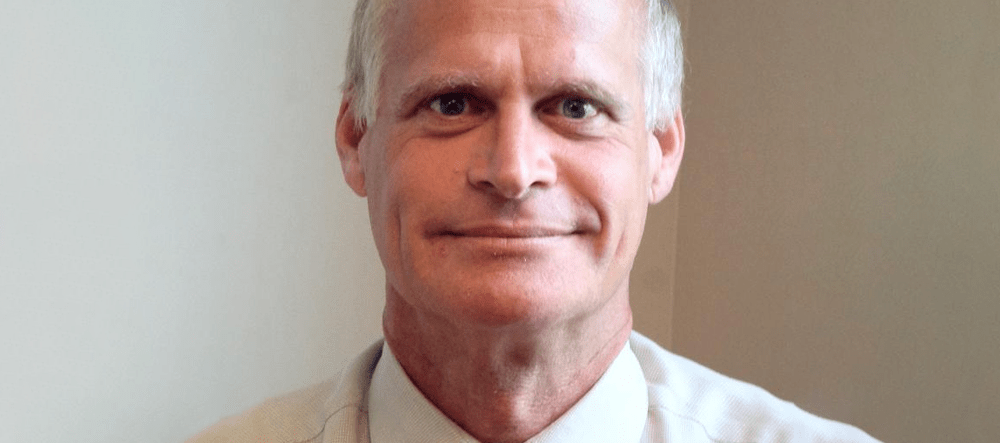The Dope on Dope

On October 17, 2018 Canada’s longstanding ban on recreational cannabis is lifted. How will this change affect health care? Dr. Bruce Empringham, Vice-President and Medical Director for Great-West Life, London Life and Canada Life, discusses the myths, impacts and risks of marijuana on organizations like VHA Home HealthCare.
What do you think are some of the common misconceptions about marijuana?
People tend to have different viewpoints depending on their age. Some older people are more likely to be terrified of drugs, envision the “stoner” lifestyle, and imagine people who smoke marijuana are totally unmotivated. Meanwhile, there’s a lot of misinformation touting marijuana on social media, which young kids see every day. If you see “pot is the cure for this” and “pot is the secret to that” over and over, eventually you’re going to believe it. So kids tend to be under-concerned and parents tend to be over-concerned. The truth lies somewhere in the middle. There are many imagined risks for marijuana that aren’t, in fact, a reality, but there are also fewer benefits than are being promoted. Basically, we have little scientific evidence on what the risks and benefits are, although the risks of marijuana to the brains of youth are well documented.
Pot has been touted as being an effective treatment for almost every health issue. What is the reality?
The evidence for marijuana as a treatment is really very limited. Dosing and efficacy are both issues that need conclusive evidence about marijuana’s short- and long-term health effects—whether positive or negative; it is still pretty sparse at the moment and much more research is required. There are specific conditions relating to pain and nausea where there is some limited evidence of success, but on the other side of the coin, there is some evidence that marijuana actually worsens certain conditions relating to mental health.
People commonly say, “marijuana is safer than alcohol.” Is this true? What are the risks?
That’s a tricky question. A small amount of alcohol use has been shown to increase life expectancy beyond being abstinent, a benefit that has never been shown for marijuana. Marijuana is probably less addictive than alcohol, but it is still addictive.
There’s an argument to be made that marijuana should be moved a step ahead of narcotics as far as treatment for chronic pain, but there is a countering argument that marijuana may be an “entry” drug, i.e., desensitizing users to the fear of drugs, leading them to try “harder” drugs, like opioids. To be clear, nobody has proven that it is an entry drug… but that doesn’t mean it isn’t. Still, I wouldn’t be surprised if it is used before narcotics for chronic pain within the next decade.
A few places in the US have recently legalized marijuana. Have any health or social ramifications been seen because of this legalization?
We know only relatively short-term information, but we have seen more motor vehicle accidents in places where it has been legalized. And there has also been an uptick in paediatric overdoses from marijuana, but the overall numbers are still very low. There has also been some reduction in opioid deaths since the legalization of marijuana in certain states.
It’s reasonable to say that it’s unlikely much will change with legalization here in Canada, because use of marijuana in Canada is so endemic already.
How are other health-related industries, like insurance, preparing for legalization in Canada?
For most insurance providers, the impact is minimal. Our focus is on the risks and benefits of medical treatments. Marijuana defies easy classification. There is no drug identification number (DIN), which Health Canada only assigns once a drug product has undergone and passed a review of its safety, efficacy and quality. This means that the traditional guidance provided by Health Canada for new drug treatments – including approved indications, dosing, likelihood of side effects, etc. – are not fully available for cannabis. Within the medical cannabis regime, health insurers have to carefully consider the available evidence. There are differences between the scientific rigour around a traditional prescription medication and cannabis. Society as a whole will need to grapple with similar questions with recreational legalization. Many sectors are only now questioning how legalization will impact them. And individuals have to think about it too. For example, even if someone has a legal prescription for cannabis in Canada, what happens when they travel across the border with their medical cannabis? It is going to be an interesting ride.
VHA’s services (nursing, personal support, rehabilitation) are provided within the client’s home; what things do you think home care providers and organizations should be aware of or consider as we prepare for the new normal?
Given your client group and the types of medical issues I suspect they face, your caregivers (workers) are likely to encounter clients who medicate with marijuana for their chronic issues. The first challenges that come to mind are smaller, incidental issues. If someone has a bag of marijuana they are using for pain treatment in their house, will care providers be at risk of being accused of taking some? It isn’t as easy to count and track marijuana quantities as pills. And if the client is smoking weed, there may be care providers that won’t work in a smoky atmosphere or have moral grounds for not wanting to work with that client.
Organizations need to think about what their expectations are for all staff, and in particular client-facing staff, and how policies will have to be changed. Will you treat this like alcohol? Or will you ban its use among staff entirely as a safety precaution and implement random testing? There is a lot to consider.
